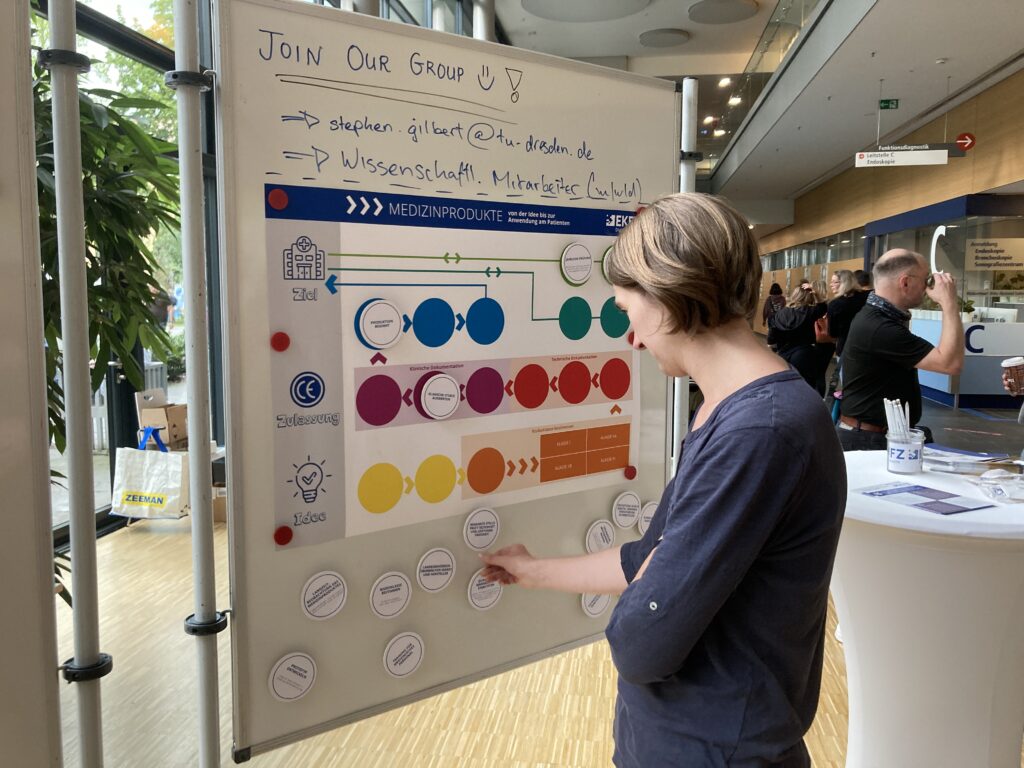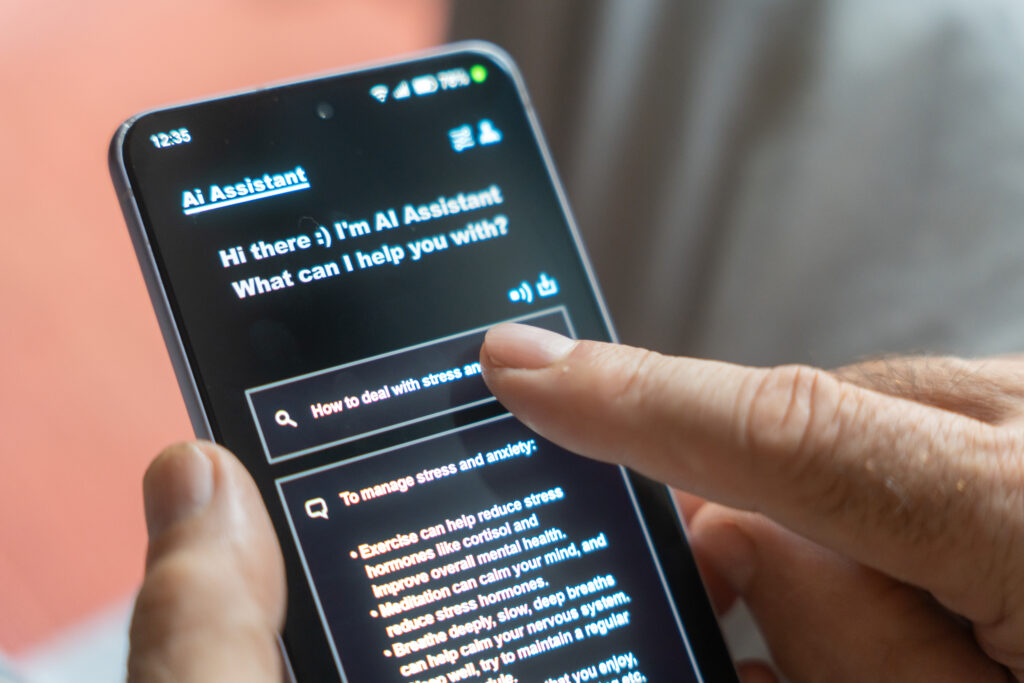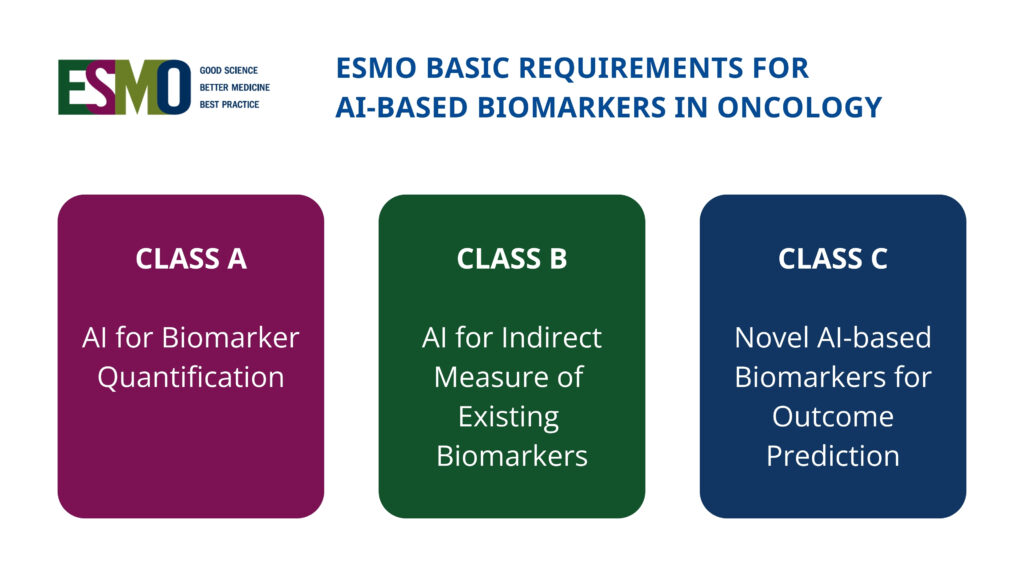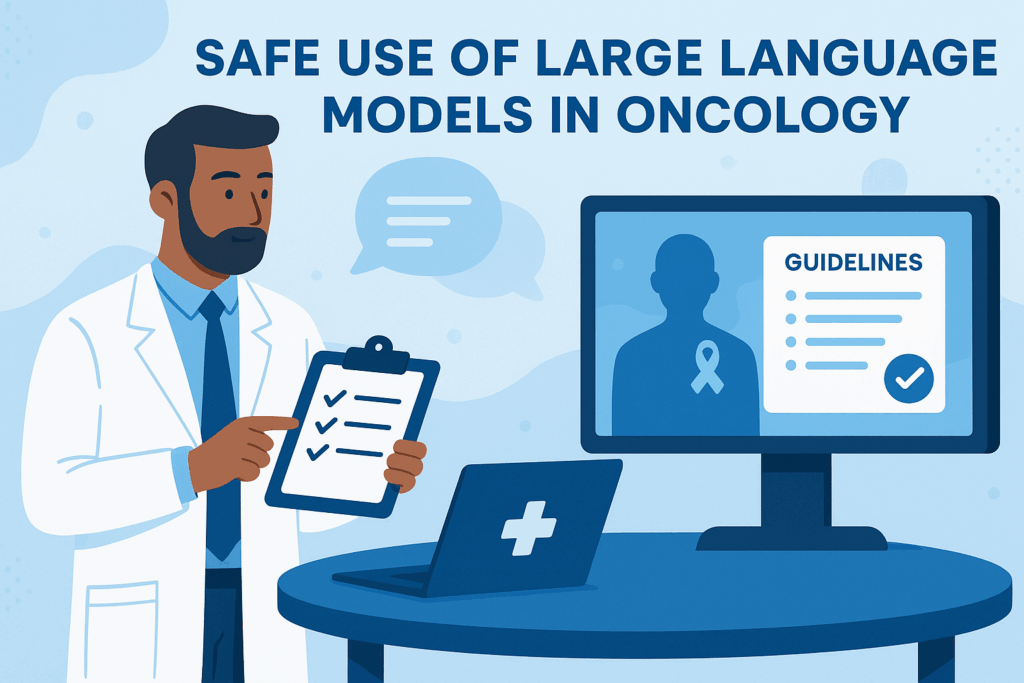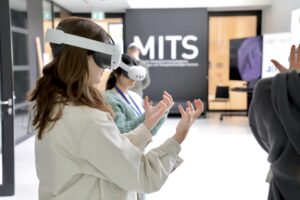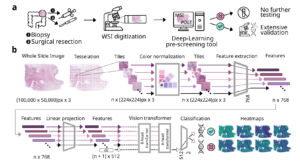Bioelectronics Research
and Regulatory Race
Many enthusiastic visitors of all ages followed this year’s invitation to the Dresden Science Night on Friday, June 14. The diverse program attracted 30,000 people to various scientific institutions in Dresden, all eager to explore scientific projects and medical innovations on campus. The EKFZ for Digital Health organized a booth in House 27 / DINZ of the Dresden University Hospital with the research groups of Professors Ivan Minev and Stephen Gilbert. A series of different experiments on bioelectronics as well as an interactive board game illustrating the regulatory process for medical devices allowed visitors to dive deep into the research happening at the EKFZ for Digital Health.
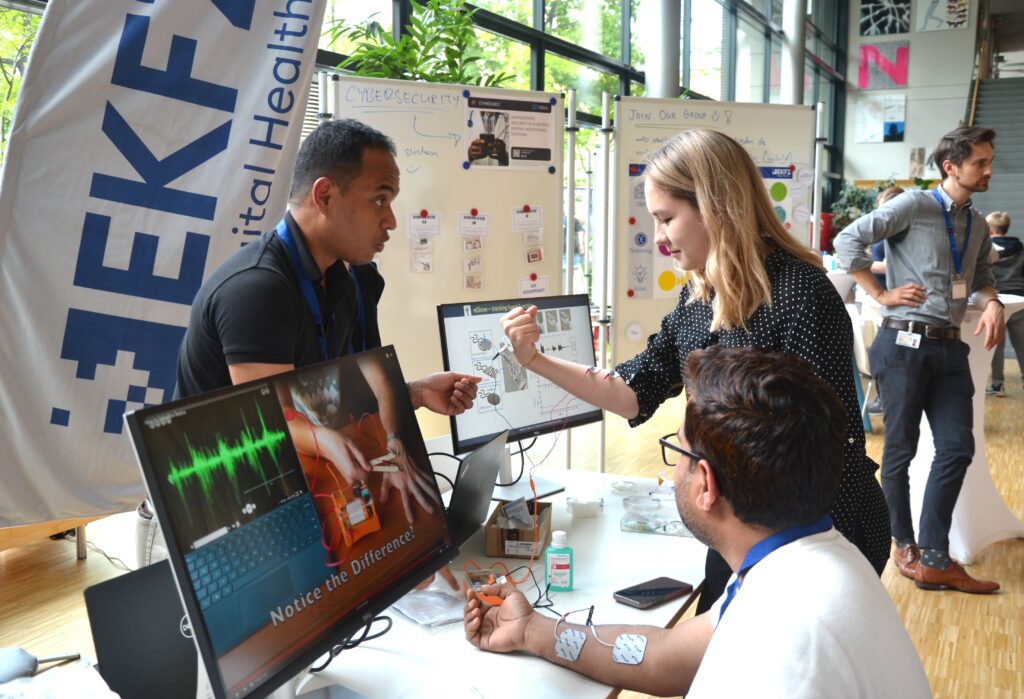
Exploring Human-Machine Interfaces
Visitors tested a 3D-printed robotic arm and experienced bioelectrical signal detection and transmission using their own bodies. The team demonstrated the use of conductive hydrogels in bioelectronic devices, highlighting their potential for treating diseases and injuries of the nervous system.
Medical Device Journey
An interactive game took visitors through the journey of medical devices from the lab to the clinic, explaining the rigorous approval process and the importance of safety and efficacy. The team provided insights into the regulatory landscape for medical devices, including pacemakers and digital health apps.
Both research teams were present during the evening to answer questions and explain the importance of their research for future medicine and healthcare applications.
We are very grateful to Ivan Minev and the Electronic Tissue Technologies team and to Stephen Gilbert and his Medical Device Regulatory Science team for their expert guidance and dedicated activities. Their contributions and efforts made the Dresden Science Night an enjoyable educational experience for all.
More News
Virtual companions, real responsibility
New international framework defines standards for AI-based biomarkers in oncology (EBAI)
New ESMO Guidelines: Safe use of large language models in oncology




